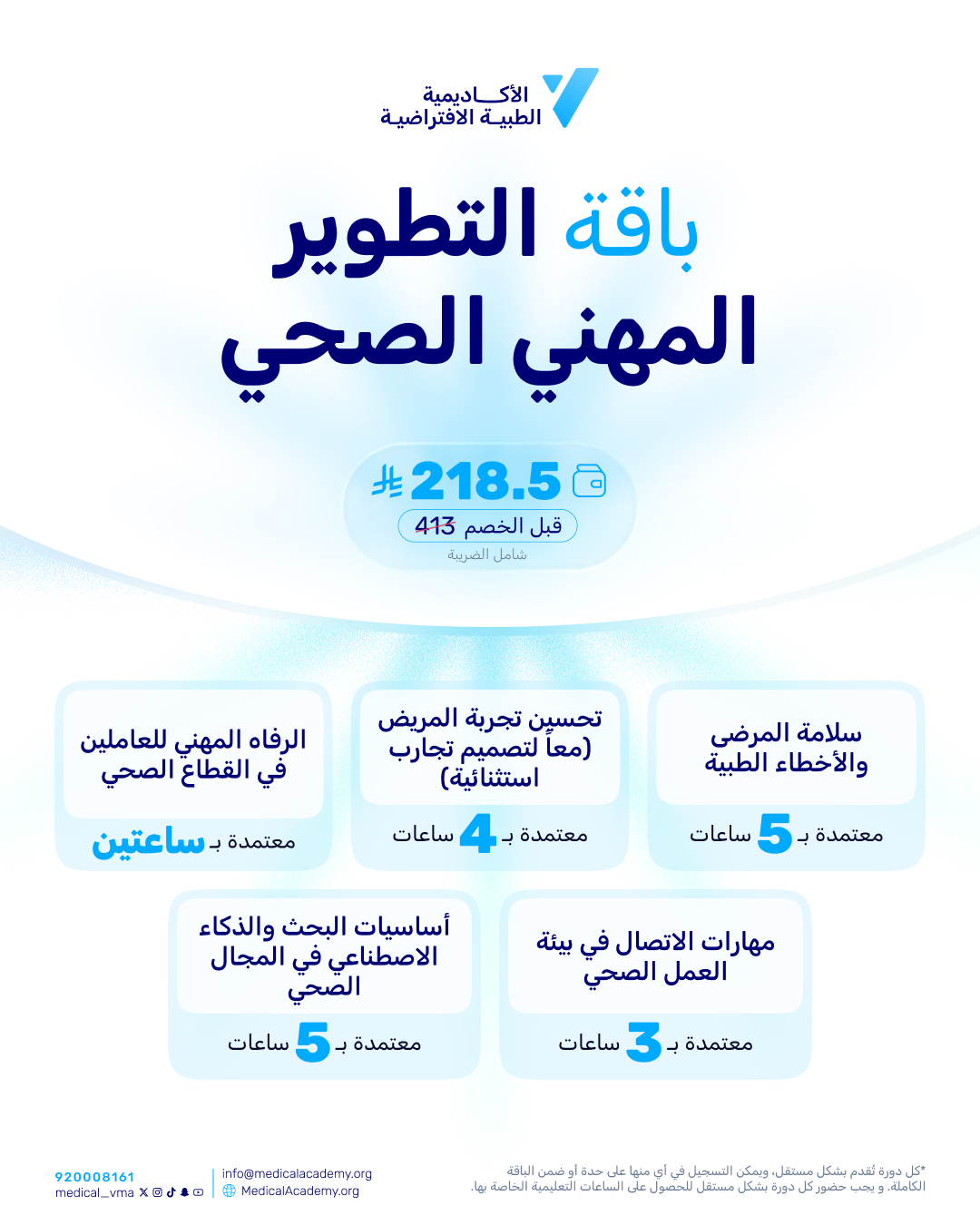Healthcare today faces big challenges, from slow diagnoses to the growing need for personalized care. Patients often wait too long for answers, and healthcare workers struggle to keep up with the rising demands and data overload.
But what if there was a way to speed up the process, make more accurate diagnoses, and offer personalized care that truly fits each patient?
That’s exactly what AI-powered healthcare solutions are doing. By using artificial intelligence, healthcare providers can quickly analyze huge amounts of data, spot patterns, and get insights faster than ever.
From predicting health risks before they become serious to reducing errors in diagnoses, AI is helping doctors and nurses deliver faster, more precise care. This means better outcomes for patients and smarter decisions for healthcare professionals.
With AI leading the way, the future of healthcare is already here—smarter, faster, and more efficient than ever before.
5 AI-Powered Healthcare Solutions
1. AI-Driven Diagnostics
AI-powered tools are revolutionizing the accuracy and speed of diagnostics. Traditionally, diagnosing diseases like cancer, heart conditions, or rare genetic disorders relied on manual analysis of imaging scans or lab results. This can be time-consuming and prone to human error. However, with AI, medical professionals now have tools that can rapidly analyze images from CT scans, MRIs, X-rays, and even pathology slides with incredible precision.
For example, AI algorithms can detect early signs of tumors, heart disease, or diabetic retinopathy often missed by the human eye. These tools learn from thousands of medical cases, spotting patterns and anomalies that indicate specific conditions. By augmenting doctors’ capabilities, AI-driven diagnostics are helping to catch diseases earlier, increasing the chances of successful treatment and improving patient outcomes.
2. Predictive Analytics for Patient Care
Predictive analytics powered by AI is enabling healthcare providers to foresee patient risks before they become emergencies. By analyzing large volumes of patient data—such as medical histories, lifestyle habits, and environmental factors—AI can identify patterns that predict potential health issues, from heart attacks to infectious outbreaks.
This proactive approach helps healthcare professionals make data-driven decisions, allowing them to intervene early and prevent complications. For instance, in patients with chronic conditions like diabetes or heart disease, AI can monitor vital signs and suggest interventions if something is trending in a dangerous direction. Not only does this lead to better patient care, but it also reduces the strain on emergency services by managing issues before they escalate.
3. Virtual Health Assistants
AI-powered virtual health assistants are improving patient engagement and support, especially for those managing chronic conditions or requiring daily health tracking. These digital assistants interact with patients through smartphones, tablets, or wearable devices to provide real-time guidance on their health status. They can answer medical questions, track symptoms, and even give medication reminders, ensuring patients adhere to their treatment plans.
For instance, virtual assistants like those found in telemedicine platforms are able to provide 24/7 support, addressing basic health concerns and reducing unnecessary hospital visits. Some systems are equipped with conversational AI, making interactions feel more personal and less robotic. This boosts patient satisfaction and helps them stay on top of their health, whether it’s managing diabetes, monitoring heart conditions, or tracking post-surgery recovery.
4. Personalized Treatment Plans
AI is playing a pivotal role in the growing field of personalized medicine, where treatments are tailored to individual patients based on their unique genetic makeup, lifestyle, and health history. With AI’s ability to quickly analyze vast datasets, doctors can now develop more effective and customized treatment plans that go beyond the standard one-size-fits-all approach.
For example, AI can analyze genetic sequences to predict how a patient might respond to certain medications, enabling doctors to choose the best treatment with fewer side effects. In cancer treatment, AI helps oncologists identify specific genetic mutations driving the disease, guiding them to targeted therapies that increase the chance of success. This level of personalization is helping to optimize patient outcomes by ensuring that treatments are as precise and effective as possible.
5. AI-Powered Surgery Assistance
AI is transforming surgery by enhancing the precision and control available to surgeons. Robotic surgery systems, powered by AI algorithms, can assist surgeons in performing complex and delicate procedures with greater accuracy than human hands alone could achieve. These systems provide real-time data and visuals, enabling surgeons to navigate challenging surgeries with more confidence.
For example, in minimally invasive procedures, AI-guided robotic arms can make smaller, more accurate incisions, reducing recovery times and the risk of complications for patients. AI’s role doesn’t stop at the operating table—pre-surgical planning also benefits from AI by simulating different surgical approaches and identifying the best course of action. AI-powered surgery is paving the way for safer, more efficient operations that improve patient outcomes and recovery times.
Final Words: AI-powered healthcare solutions
In summary, AI-powered healthcare solutions are revolutionizing patient care by improving diagnostics, predicting health risks, providing personalized treatment, assisting with surgery, and enhancing patient engagement. These advancements are not only making healthcare more efficient but also ensuring that care is tailored to the unique needs of every patient. The future of healthcare is smarter, faster, and more precise, thanks to AI.
